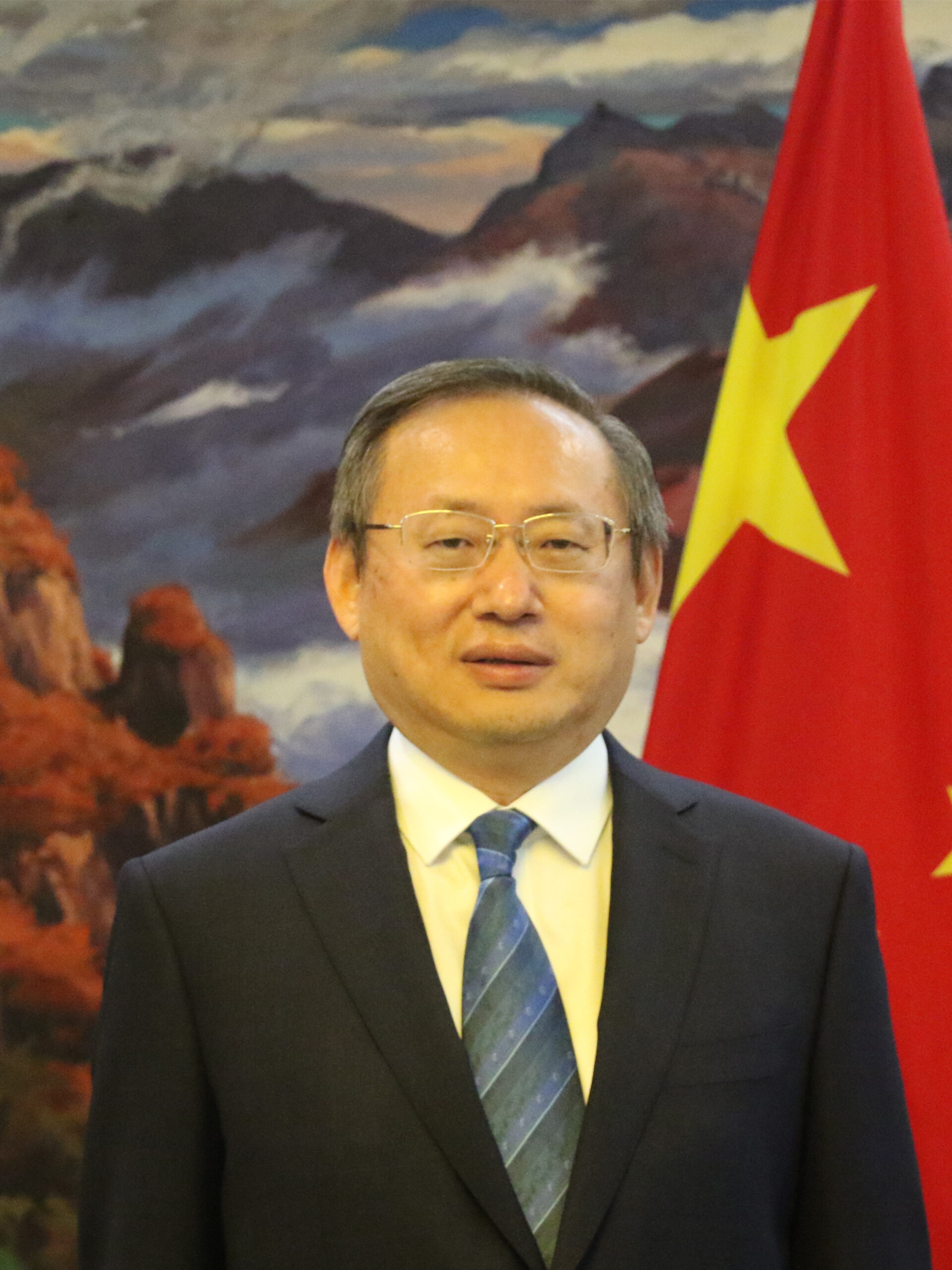A Global Community of a Shared Future is the Southern Cross Guiding the Way Forward
The changing international situation, featured by geopolitical conflicts, sluggish economic recovery and intertwining traditional and non-traditional security issues, has ushered the world into a period of new turbulence and transformation.
With the arrival of the year 2024, countries all over the world have once again embarked on the same boat in face of incoming stormy waves. How can different civilizations and peoples find a way to live in harmony? How can we make a bigger global economic pie and divide it in a fairer way? How do we safeguard the blue planet that we all call home? Human society has difficult questions to answer in the new era.
A decade ago, Chinese President Xi Jinping creatively proposed building a global community of a shared future. This proposal, as China’s answer to the questions of the current era, aligns with the universal aspirations of people worldwide. With a strong vitality, it offers guidance for the world in search of direction. Ten years later, when the Central Conference on Work Relating to Foreign Affairs was held in Beijing at the end of 2023, the concept of building a global community of a shared future was systemically streamlined and summarized.
Building a global community of a shared future means closely linking the destinies of every nation, every country, and every individual to build an open, inclusive, clean, and beautiful world that enjoys lasting peace, universal security, and shared prosperity. Upholding this concept, we must adhere to the universal practice of applying the common values of humanity, the underpinning principle of building a new type of international relations, the strategic guidance of implementing the Global Development Initiative, the Global Security Initiative and the Global Civilization Initiative, and the platform of high-quality Belt and Road cooperation. In response to the major issues and challenges facing the world today, China has elaborated the concept by calling for an equal and orderly multipolar world and a universally beneficial and inclusive economic globalization.
An equal and orderly multipolar world aligns with the shared interests of nations around the globe. “Equal and orderly” means treating all countries, regardless of their sizes, as equals, and engaging them in discussions on international affairs. In other words, we should no longer let the big ones have the final say. “Multipolar” implies maintaining the international system with the United Nations at its core and the international order based on international law. It involves the practice of true multilateralism, granting each country the right to speak in the evolution of the international landscape, ultimately paving the way for a more peaceful, stable, and rapidly developing world.
Both China and New Zealand are important advocates of multilateralism. Despite the differences in social structures, historical backgrounds, and developmental stages, the two sides have consistently uphold the principle of seeking common ground while reserving differences in pursuit of common development. In doing so, we have established and cemented the comprehensive strategic partnership between China and New Zealand, showing our commitment to an equal and orderly multipolar world.
A universally beneficial and inclusive economic globalization is the only way leading to the progress of human society. “Inclusive” means conforming to the universal aspirations of countries across the world to expand and share the benefits of economic globalization, allowing different countries, classes, and populations to enjoy the fruits of economic and social development. “Beneficial” means supporting countries in their efforts to find development paths that conform to their own national conditions, firmly opposing protectionism and unilateralism, and advocating trade and investment liberalization and facilitation.
China and New Zealand are beneficiaries of economic globalization and stand against “anti-globalization” actions. We are both committed to maintaining the stability of global industrial and supply chains. While benefiting the people of both countries, the China-New Zealand Free Trade Agreement and its upgraded Protocol are also conducive to the global economy. Such fruitful cooperation is unimaginable without the practice of universally beneficial and inclusive economic globalization by both sides.
China and New Zealand, despite their geographical distance, share the passion of looking up the stars and thinking of the destiny of humanity. Regardless of the changing international landscape, China-New Zealand relationship has never “lost its way” and has consistently maintained sound development at the forefront of China’s relations with developed countries. Looking into the future, the two peace-loving countries have a number of consensuses on the international front and broad prospects for cooperation, such as upholding the multilateral trade system, promoting green development, tackling climate change, and protecting biodiversity.
As a Māori proverb goes, “Ki te kahore he whakakitenga ka ngaro te iwi” (Without foresight or vision, the people will be lost). Standing at the crossroads of human progress, a global community of a shared future is the Southern Cross guiding the way forward. As long as we join hands to establish a global community of a shared future, pursue peaceful development instead of conflict, conduct mutually beneficial cooperation instead of zero-sum games, prevent clashes between civilizations through mutual exchange and learning, and safeguard the earth through green development, human society will surely break through the mist and move towards a bright future featured by peace, security, prosperity, and progress.-published as supplied by Chinese Consulate General in Auckland


